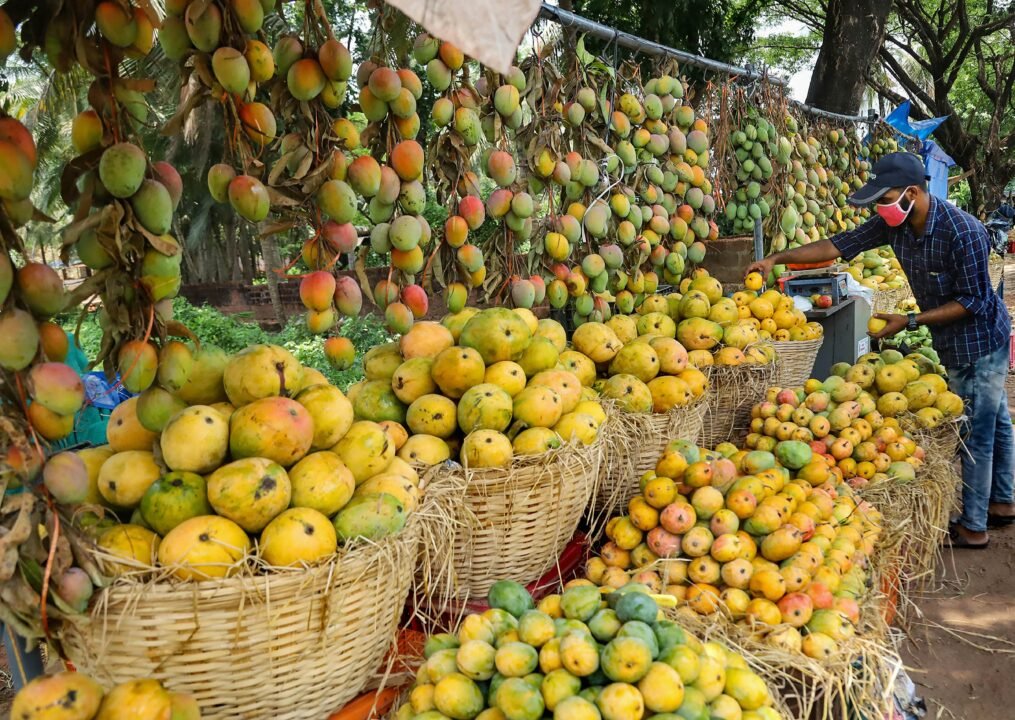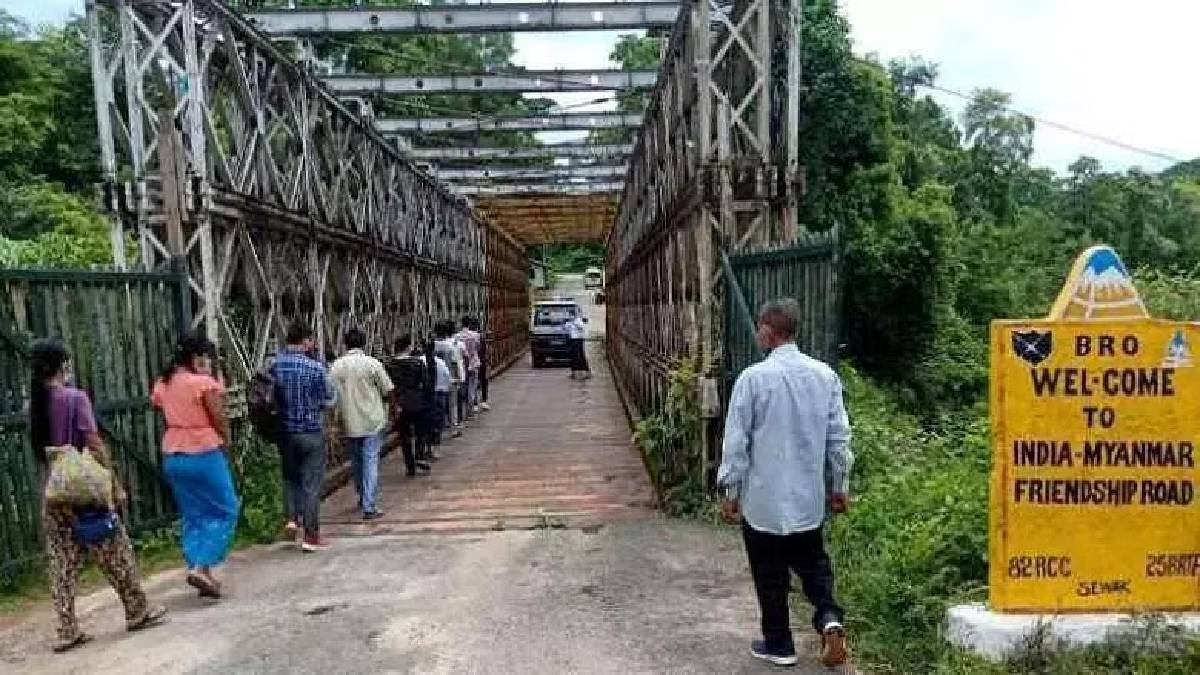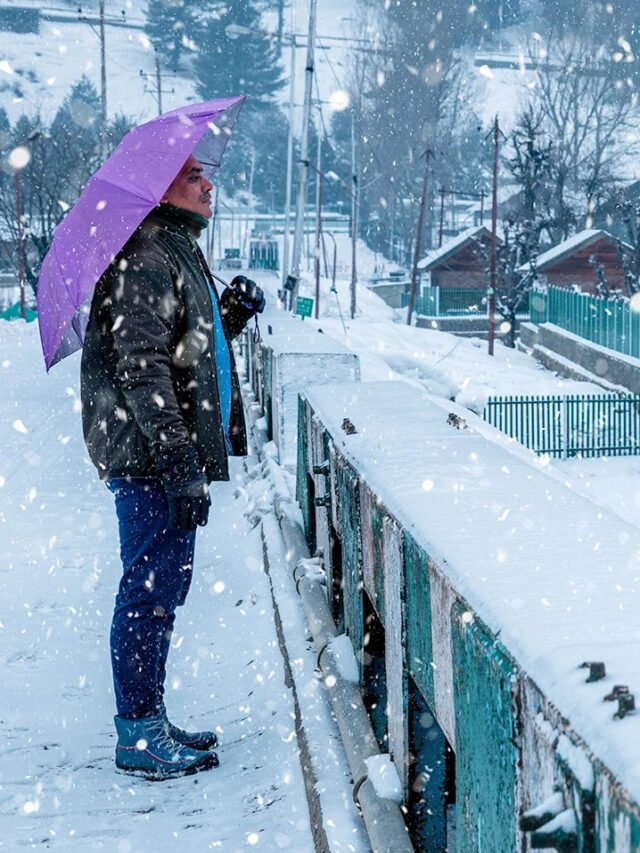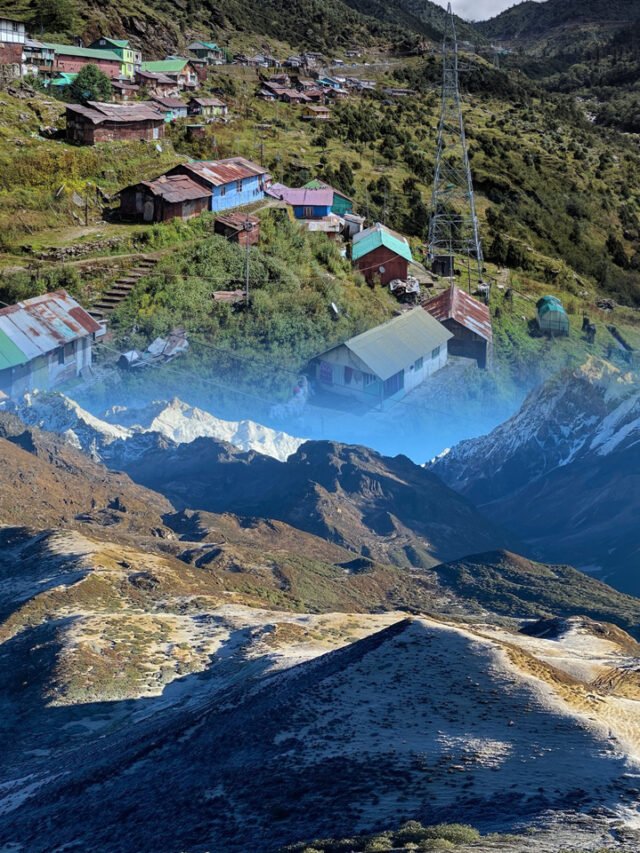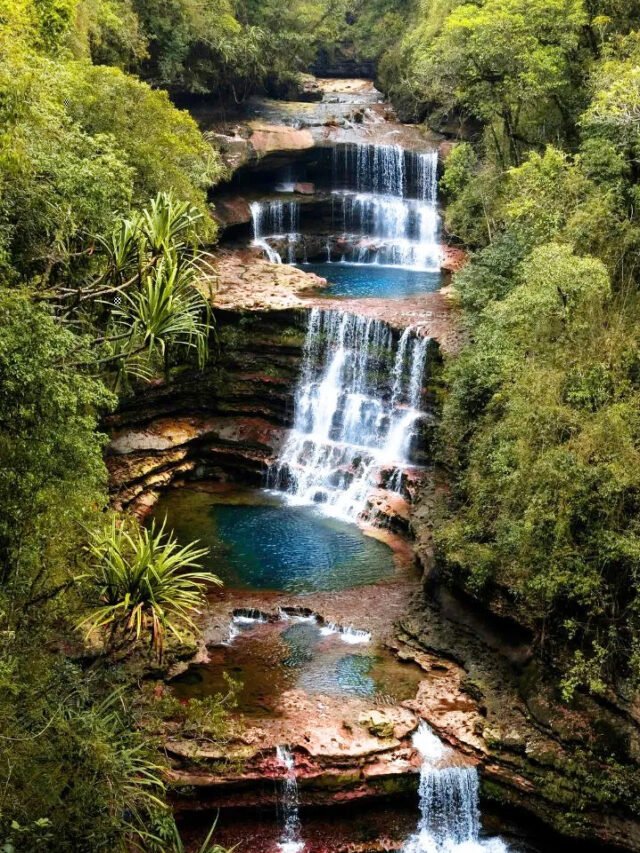HT Digital
GUWAHATI, MAY 19: The reopening of two major border haats in Meghalaya—Balat in East Khasi Hills and Kalaichar in South West Garo Hills—remains uncertain, with the Bangladesh government yet to give the green light for their resumption, according to state officials.
These haats, situated along the zero line of the India-Bangladesh border, were among the first four established in 2012 to formalise informal trade between residents of nearby border areas. However, operations came to a halt nearly 10 months ago following the installation of an interim government in Bangladesh, and no progress has been made since.
“The border haats have remained closed for the past 10 months since the interim government was formed in Bangladesh,” said a senior official from Meghalaya’s Industries Department. The official also noted that repeated attempts by Indian authorities to engage Dhaka on the matter have gone unanswered.
The extended closure has disrupted the livelihoods of hundreds of vendors and local residents who depend on these markets for both essential supplies and income. Communities on either side of the border rely on the trade of fresh produce, fish, and other perishables—items often difficult to source otherwise in such remote regions.
“We live on the edge of the country, and these border haats have been a lifeline,” said B Lyngdoh, a vendor from Balat. “We get vegetables and fish from Bangladesh, while we sell our perishable fruits in return.”
Strict guidelines govern the functioning of these haats. Only residents living within a 5-kilometre radius are permitted to participate, and trading is capped at USD 200 per person on each market day. Typically, around 500 people from both countries attend these weekly events.
While Meghalaya officials continue to await Dhaka’s response, local traders are clinging to hope that diplomatic efforts will yield results. Until then, both economic activity and grassroots cross-border engagement remain stalled, leaving communities in limbo.


